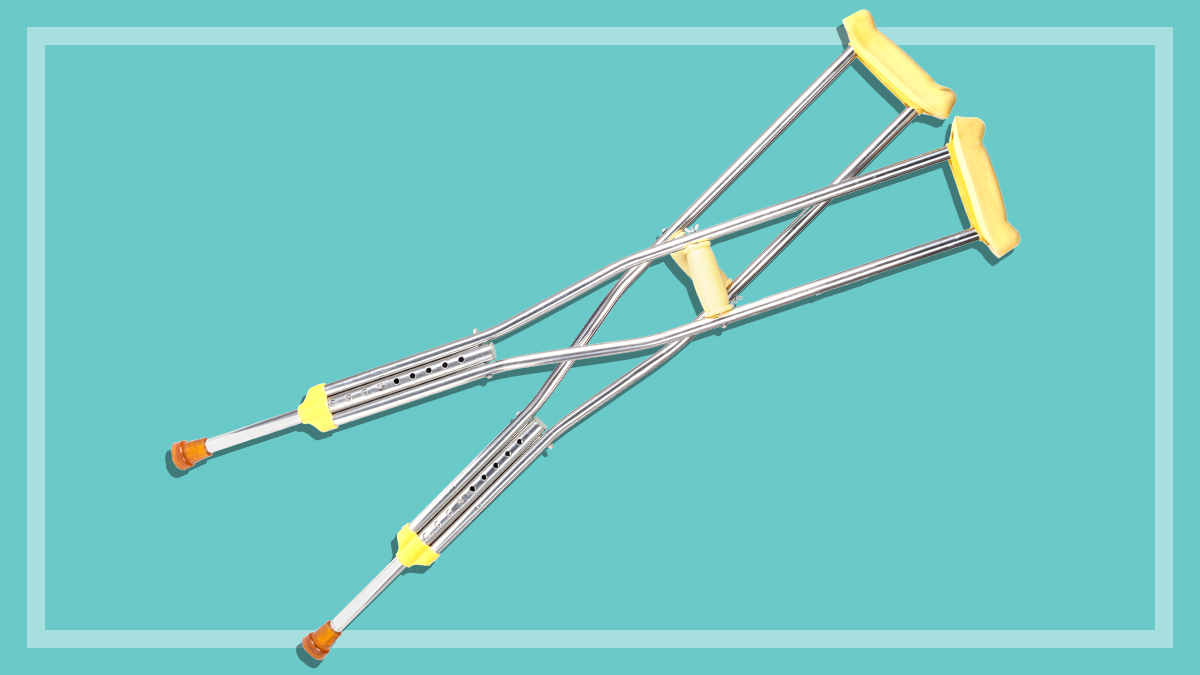Get our independent lab tests, expert reviews and honest advice.
Health funds are charging single parents more to insure their kids

Need to know
- Single parents pay a much bigger premium hike for adding their children to their health insurance than two-parent families
- Couples that switch to a family policy (by adding children to their policy) often won't pay a cent more, but single parents can see the cost of their health insurance double if they add children to their policy
- If you're a single parent, it's important to shop around and find the health fund that gives you the best deal
If you have private health insurance, adding your child to your policy from birth or when you sign up to a new policy offers the reassurance that you’ll be covered in case they require treatment as they grow.
If you’re in a couple – you’re in luck. Switching to a family policy when you have a child means you’ll only pay an extra 5–10% increase on your premiums, and in many cases, you’ll pay nothing extra at all.
In contrast, single parents who want to cover their children on their policy will be slugged with an increase of up to 60–70% in many cases. Sometimes they’ll even pay twice as much.
Single parents unfairly priced out of health insurance
“Unfortunately, health insurance is another area where single parents face price discrimination,” says CHOICE health insurance expert Mark Blades.
If health insurers are happy to insure a child for free for a couple, they should be willing to do the same for a single parent
CHOICE health insurance expert Mark Blades
“It’s unfair that couples aren’t heavily impacted by a price increase when they add a dependent, but single parents will pay significantly more. Some funds even charge single parents the exact same premium as two-parent families.”
“If health insurers are happy to insure a child for free for a couple, they should be willing to do the same for a single parent.”
With this unfair inflated pricing, it’s no wonder that more single parents are opting out of health insurance altogether. CHOICE research estimates that only around 31% of single parents have private health insurance (as compared to around 57% of couples with children).
Mark advises that it’s even more important for single parents to consider whether they need health insurance at all. If so, shop around to get a fair deal.
Want to save money on your health insurance? Ensure you’re getting the right level of cover to meet your needs, consider dropping extras insurance and shop around. Find out more useful tips on how to save on health insurance.
Which are the best and worst health insurance providers for single parents?
A CHOICE analysis of health insurance policies has found that the average increase for a couple who wants to add a dependent to their policy and switch to a family policy is 1%. Sometimes this can increase to 10%.
In comparison, a single parent who wants to add a child to their policy will pay an average of 65% more. The best deal we found was the provider that charged single parents 33% more (in NSW) for insuring a dependent (still a bit of a kick in the teeth when couples often pay nothing).
A single parent who wants to add a child to their policy will pay an average of 65% more. The best deal we found was the provider that charged single parents 33% more
Shockingly, some single-parent policies cost double the price of single policies which means your child is costing the same as an extra adult to insure. Considering many single parents have only one income, this could mean health insurance becomes entirely unaffordable for many single-parent families.
The worst funds for single parents
The below hospital policies charge single-parent families twice as much as the equivalent singles policy to add children:
- Reserve Bank (Gold policies)
- Hunter Health (there are no policies specifically available for single parents, which means you have to pay for a family policy)
- NIB Gold with Basic Extras
- HCF Accident Only Basic
Many providers don’t charge more for family policies (i.e. two adults and one dependent) than they do for couples (just two adults). But single parents always pay significantly more to insure themselves and their children than the price that one adult pays for health cover.
The best funds for single parents
The policies we found that penalise single parents the least are:
- Medibank Bronze and Bronze Plus policies with a $250 excess and Bronze Plus Assured with excess at $500 or $750. Single parents pay a 33-43% premium increase compared to a singles policy
- Navy Health Gold, Silver Plus and Bronze Plus policies charge 40% extra on top of standard singles cover
- HCI Bronze Plus, Silver Plus, and Gold charge a 40% premium increase for single parents.
If you’re a single parent, it’s worth considering these policies to see if they can work for you.
CHOICE tip: Even if a health fund charges a smaller penalty for single parents it does not mean it offers the best policies for your needs and hip pocket. Visit the CHOICE Health Insurance Comparison to compare policies that best suit you needs.
Singles: $177
Couples: $175
Family: $180
Single parent: $297
How do the ‘big five’ health funds compare?
Medibank
- Couples policies are twice the cost of singles policies
- Family policies are the same cost as couples, while single parents are 33–82% more expensive than singles policies
- Medibank provides one of the better-value policies for single parents: the Medibank Bronze and Bronze Plus policies charge 33–43% more for a single parent to add a child to their policy.
BUPA
- Couples policies are twice the cost of singles policies
- Family policies are the same cost as couples, while for most policies single parents usually pay 70% more than singles (the mark-up varies from 52–72%).
HCF
- Couples policies are twice the cost of singles policies
- Family policies are the same cost as couples, while single parents are on average 60% more expensive than singles (when excluding their Basic Accident Policy)
- The HCF Basic Accident Policy charges the same to single parents as a couple or family, which means it costs single parents the same price to add their child to the policy as it would to add another adult.
NIB
- Couples policies are generally twice the cost of singles.
- Family policies vary but are generally only slightly more than couples policies (up to 5% extra)
- Single-parent policies are generally 70% more expensive than singles policies (with the exception of Gold Top Hospital $750 excess policies with extras, which are up to 100% more than a singles policy).
HBF
- Couple policies are twice the cost of singles except for Gold policies which are 80% extra
- Family policies vary but are generally only slightly more than couple policies (up to 6% extra)
- Single-parent policies are about 60% more than singles policies, with the exception of Gold where they are 70% more.





